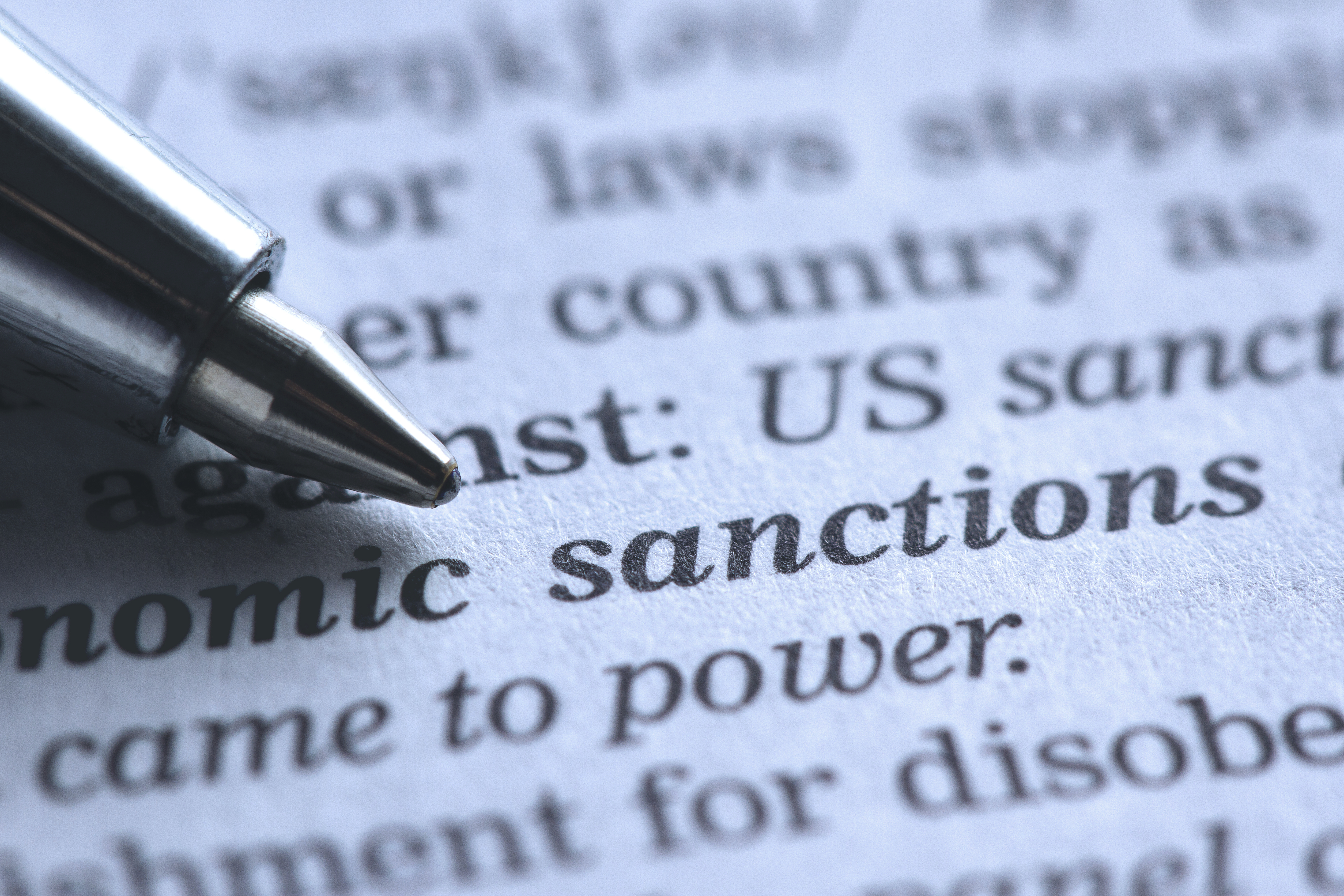Compliance software provider Accuity has added real-time vessel alerting and tracking to its screening solution.
The upgrade allows organisations involved in trade finance to track shipping vessels in real time, to ensure they do not breach international sanctions. Should a vessel enter a sanctioned zone or port, the software will issue an alert.
Accuity says it has added the functionality in response to the “growing regulatory pressure for banks to intensify their efforts to fight financial crime and trade-based money laundering”.
It comes weeks after the Monetary Authority of Singapore issued two best practice papers aimed at preventing money laundering and terrorist financing. The papers made explicit the mention of the red flags commonly associated with trade-based money laundering.
Bharath Vellore, Asia Pacific managing director at Accuity, tells GTR that the augmentation integrates with existing Accuity software to make “a single solution to screen your trade transactions comprehensively throughout the lifecycle of the transaction”.
According to Accuity figures, 4,500 container, bulker and tanker vessels made 30,000 visits to US-sanctioned terminals in Iran, Cuba, North Korea, Sudan, Syria and the Crimea in 2017.
The recent case of Chinese telecoms giant ZTE Corporation, along with the US government’s decision to scrap the Iran nuclear deal, has brought trade sanctions back to mainstream headlines.
ZTE, a phone manufacturer which both exports and imports from the US, was charged with breaching sanctions by trading with Iran and North Korea. It subsequently lied about its actions and was further penalised by being excluded from US markets, blocking its access to hardware and software it uses in its devices.
The spidery supply chains of Asia Pacific have placed banks on alert: any connection with ZTE could result in a financial punishment from the Office of Foreign Assets Control (OFAC).
And while most international banks did not re-enter the Iranian market after sanctions were previously removed, the Trump administration’s decision to withdraw from the multilateral Joint Comprehensive Plan of Action (JCPOA) serves as a reminder of the penalties that may await those that do.
In 2015, for example, French bank BNP Paribas was ordered to forfeit US$8.83bn and pay a US$140mn fine for breaching sanctions with Cuba, Iran and Sudan.
Accuity’s trade compliance product lead, Byron McKinney, adds: “International trade finance has been in the spotlight as a means for criminal organisations and terrorist financiers to launder money, and now banks are under intense pressure from regulators to avoid proliferating the financing of such individuals or entities associated with money laundering, terrorism, bribery and corruption. The problem is that those working in trade finance are not chemists or shipping specialists, so understanding the nuances of dual-use goods or identifying rogue vessels can be challenging.”







